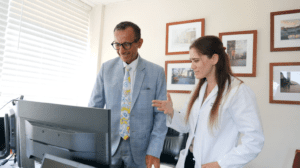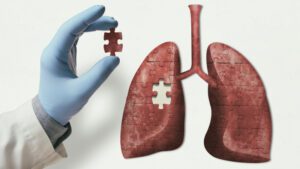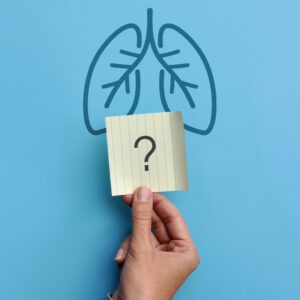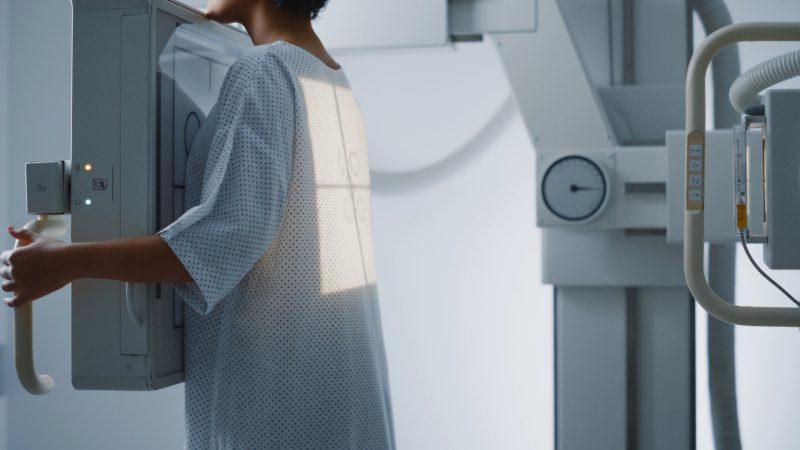Lung Cancer Screening
Why Get Screened?
Lung cancer is responsible for the most cancer deaths in the United States of all types of cancer. Unfortunately, the symptoms of lung cancer often don't appear until the cancer is already at an advanced stage. Screening for lung cancer increases the chances the disease is detected at an earlier stage and reduces the risk of dying from the disease.
Who Should be Screened?
Screening with low-dose CT (LDCT) scans can reduce deaths in those at high risk for lung cancer. However, the test is not recommended for everyone. If you meet the following criteria, you should talk to your physician about being screened for lung cancer.
People 50-80 years of age who:
- Are Current smokers or who have quit in the last 15 years
- Have history of at least 20 "pack years"
- One pack per day for 20 years, 2 packs for 10 years, etc.
- Don't have current signs or symptoms of lung cancer.
For more information about lung cancer screening, contact Brown Surgical Associates.

Abbas El-Sayed Abbas, MD, FACS
401-553-8320
Haley Leesley, MD, MS
401-228-0621
More Lung Cancer Screening FAQs from the American Lung Association »
More About Lung Cancer
Causes and Risk Factors
 Lung cancer happens when the cells of the lungs mutate, often after being exposed to dangerous chemicals that we breathe. Causes can include:
Lung cancer happens when the cells of the lungs mutate, often after being exposed to dangerous chemicals that we breathe. Causes can include:
- Smoking
- Radon Exposure
- Hazardous Chemical
- Particle Pollution
- Genetics
Symptoms
 Lung cancer symptoms can often be dismissed as other issues, like allergies or a cold. You should talk with your doctor if you:
Lung cancer symptoms can often be dismissed as other issues, like allergies or a cold. You should talk with your doctor if you:
- Experience shortness of breath
- Have a cough that won't go away
- Cough up blood
- Experience unexplained weight loss and fatigue
Lung Cancer Resources
Lung cancer screening can help find cancer before a person has symptoms. Early detection is important because lung cancer is easier to treat in its early stages before it has spread.
Visit The American Lung Association's Saved By The Scan to:

- Determine your screening eligibility by taking a lung cancer risk quiz.
- Learn about the low-dose CT scan including understanding the results.
- Get screening resources and tools, like steps on what to expect, a doctor discussion guide, and insurance checklists.



